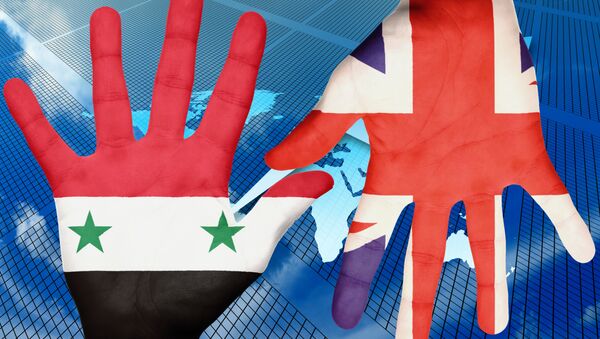The referendum had a national turnout of 72%, with 51.9% of the votes in favor of leaving the EU. The turnout was a record-high for a nationwide referendum in the UK, highlighting the importance of the matter. In the build-up to the vote, many analysts and financial bodies warned that leaving the EU could damage the UK's economy. The International Monetary Fund (IMF) even said that leaving the EU would "trigger a recession in the UK."
When it was officially announced that the UK had voted to leave the EU, the value of the UK's domestic currency, the British Pound (GBP), plunged in value relative to other currencies. At its lowest point on the 24 June, it was down by more than 10% relative to the US Dollar (USD).
Some analysts have suggested that sterling may reach parity with the dollar, or even fall below it. A weaker British Pound makes UK exports more affordable for foreign businesses and consumers to purchase, while making it more expensive for the UK to import goods and services.
Do you think the FTSE 100's rising because UK's heading for #Brexit or is it rising because GBP Pound Sterling is crashing versus US Dollar?
— DK Matai (@DKMatai) December 28, 2016
This can potentially benefit certain British industries and firms, as they might receive more foreign demand for their goods and services. To some extent, this has already occurred, with more tourists visiting the UK, due to the favourable exchange rate. It is likely that the British government will encourage the domestic production of more and more goods, due to its depreciating currency.
A similar situation unfolded in Syria; nationwide fighting and economic sanctions resulted in the depreciation of the Syrian pound, and a massive reduction in GDP. Even in a pre-war context, the Syrian pound wasn't a strong currency, but its further depreciation has made imports significantly more expensive.
In response to this, Syrians reduced their consumption of unessential imports and the Syrian government recently announced plans to increase domestic production in order to meet domestic demand, and to also export goods abroad.
Aleppo used to be Syria's economic hub, accounting for a large chunk of the country's GDP. Now that Aleppo has been liberated, its economy may be rebuilt, and the government may locate production facilities there.

As the UK's domestic currency is also depreciating, it is likely that the UK will introduce its own initiatives to stimulate domestic production.
For example, they might heavily subsidize certain industries to encourage business activity. For several years, the UK has imported more goods (in terms of monetary value) than it exports. However, we could see this balance of trade deficit decrease as the UK looks to export more goods and is forced to import less.
However, there are complications; the EU may impose tariffs and quotas on UK exports, potentially deterring businesses, and consumers in the EU market from purchasing British goods. In this case, the UK will have to target other markets, such as the US, or Asia.
Inevitably, certain goods and raw materials will still be imported, but the UK could potential have a positive balance of trade within a few years.
Although the UK's post-Brexit economy may share certain similarities with Syria's war economy, we shouldn't expect the fall in GDP (if any) to be as drastic.
The views expressed in this article are solely those of the author and do not necessarily reflect the official position of Sputnik.







